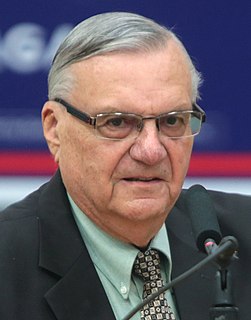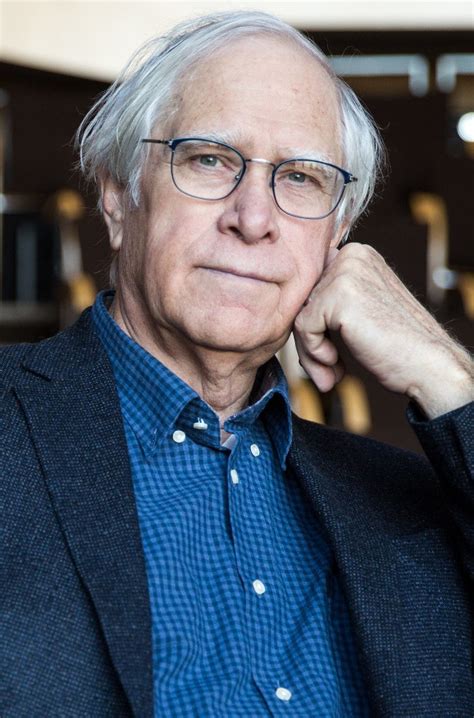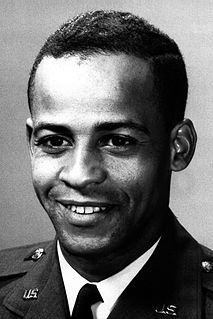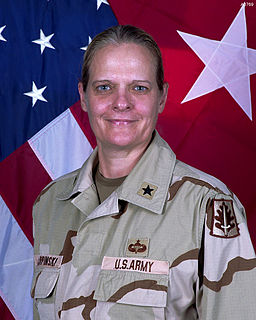A Quote by Tulsi Gabbard
I volunteered to deploy to Iraq. I was one of the few soldiers who were not on the mandatory deployment roster - close to 3,000 Hawaii soldiers were.
Related Quotes
...there are at the present moment many colored men in the Confederate Army...as real soldiers, having muskets on their shoulders, and bullets in their pockets, ready to shoot down loyal troops, and do all that soldiers may do to destroy the Federal government...There were such soldiers at Manassas and they are probably there still.
Once I was in the Blink-182, going to Iraq was really touching. It was kind of emo for me, going and meeting soldiers who were, like, 19 and hadn't even met their kids... Or dealing with depression. Just being with those soldiers and traveling with them in helicopters and people with M-16s. It was an eye-opener.
You go to London, you see a TV set in every cell and the sign up that all the officers must treat prisoners with dignity. What about your dedicated soldiers that have helped fight in Afghanistan and Iraq? They're living in tents and our soldiers are living in tents. So it's OK for soldiers to live in tents, in hot tents, but it's wrong for inmates?
We know that there were so many Japanese American soldiers in World War II who were fighting in Europe despite the fact that their families, their parents were back home in American prison camps. It's savagely ironic that between themselves and the African-American soldiers, who were also segregated and didn't see the fruition of the work the culminated in the Civil Rights Act until the '60s, that these American heroes and their stories are not well known; and the fact that the 442nd/100th became the most decorated unit in U.S. history.
I did this whole series on the buffalo soldiers-on black soldiers-I did another series on black cowboys, and I presented myself to the gallery system, and all these people with these massive collections didn't know there were black cowboys or black soldiers. I ended up hitting a niche I didn't know was there.
I soon began to dream. ... I heard subdued sobs, as if a number of people were weeping. ... I left my bed and wandered downstairs. ... There I met with a sickening surprise. Before me was a catafalque, on which rested a corpse wrapped in funeral vestments. Around it were stationed soldiers who were acting as guards; and there was a throng of people, gazing mournfully upon the corpse, whose face was covered, others weeping pitifully. 'Who is dead in the White House?' I demanded of one of the soldiers, 'The President,' was his answer; 'he was killed by an assassin.''


































